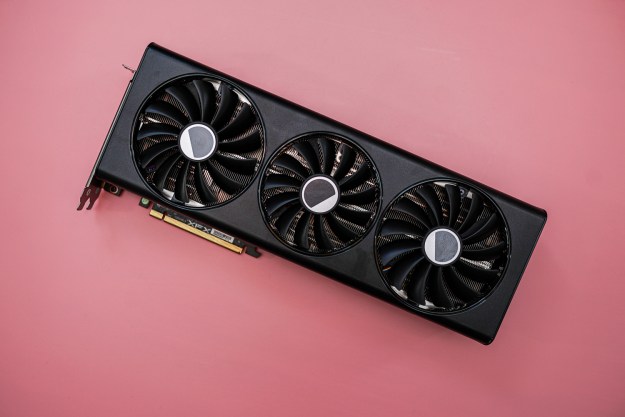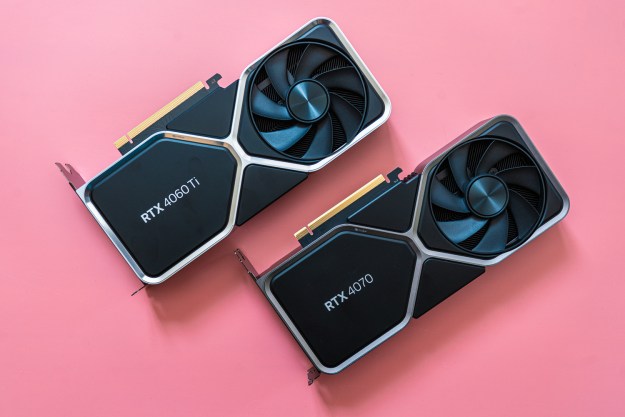Companies like Quibi and JetBlue are leaking users’ email addresses to the likes of Facebook, Google, and Twitter through third-party advertisers, which allows those advertisers to more easily track users across the web and target them with ads, a new report claims.
Researcher Zach Edwards found many popular websites employ third-party analytics to advertise to users, but then end up inadvertently leaking those users’ email addresses to advertising and analytics companies, according to an extensive Medium post published on Wednesday.
Edwards found hundreds of millions of emails and real users could have been affected, and that this issue has apparently been ongoing for years.
In the case of Quibi, after a new user confirms their email address, the email is added to the webpage URL in plain text, Edwards wrote, and then shared with third-party advertisers.
He described the leaks as “a sloppy and dangerous growth hack,” and added that some of those breaches are still live.
Edwards said he had reached out to all the companies affected, and only three made efforts to plug the leak: Wish.com, Mailchimp, and the Washington Post.
In a statement to Digital Trends, JetBlue said: “The safety and security of our customers and their personal data is a priority and we take these concerns seriously. We will review the researcher’s findings to ensure we are respectful of our customers’ personal information and are in full compliance with the standards we have set.”
A spokesperson for Quibi claimed in an email to Digital Trends that the problem had already been fixed. “Data protection is essential to Quibi and the security of user information is of the highest priority,” the spokesperson said. “The moment the issue on our webpage was revealed to our security and engineering team, we fixed it immediately.”
Wish, also in an email, said that “data protection and user trust are a top priority,” and that after receiving “a report from a security researcher,” it had “promptly investigated” and made changes, including “additional use of encryption to further protect user email addresses.”
Wish also said Edwards’s Medium post was “off the mark,” and that the companies that received the data did so because they were Wish’s advertising and sales service providers, and that this was therefore not a breach.
Dr. Noah Johnson, co-founder and chief technology officer of data security startup Dasera, told Digital Trends he expects to see more cases like this in the future.
“Businesses have secured their infrastructure well from external hackers but not from the point of view of how they themselves use consumer data,” he said. “When thousands of insiders — analysts, data scientists, contractors — are using consumer data daily, there is always the chance that one instance of carelessness or malice can cause users to lose trust with your brand.”



